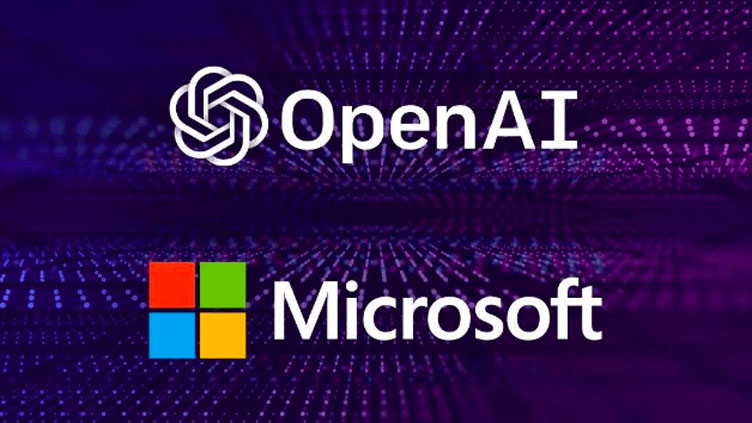In a groundbreaking collaboration, tech giant Microsoft and artificial intelligence research organization OpenAI are embarking on a visionary data center project with an estimated cost of $100 billion. This initiative aims to revolutionize AI infrastructure and accelerate the development of advanced AI capabilities. Codenamed “Stargate,” the project encompasses the creation of an AI supercomputer set to launch in 2028. This article delves into the significance of this ambitious endeavor, its implications for the future of artificial intelligence, and the strategic partnership between Microsoft and OpenAI.
The Vision for Stargate: At the heart of the project lies the development of Stargate, an AI supercomputer designed to push the boundaries of AI research and innovation. Stargate represents a leap forward in computing power and efficiency, leveraging cutting-edge technologies to handle complex AI workloads at an unprecedented scale. With its launch scheduled for 2028, Stargate aims to empower researchers and developers worldwide to tackle some of the most pressing challenges in AI, from natural language processing to computer vision and beyond.
Addressing Skyrocketing Demand: The exponential growth of generative artificial intelligence technology has fueled a surge in demand for AI data centers capable of supporting advanced AI models and algorithms. Traditional data centers are ill-equipped to handle the computational requirements of these sophisticated AI applications, prompting the need for specialized infrastructure tailored to AI workloads. By investing in Stargate and other supercomputing initiatives, Microsoft and OpenAI are poised to meet the skyrocketing demand for AI computing resources and drive innovation in the AI ecosystem.
Strategic Partnership and Collaboration: The collaboration between Microsoft and OpenAI underscores the importance of public-private partnerships in advancing AI research and development. Leveraging Microsoft’s expertise in cloud computing and OpenAI’s leadership in AI research, the partnership brings together complementary strengths to tackle complex challenges in AI infrastructure. By pooling resources, talent, and expertise, Microsoft and OpenAI aim to accelerate the pace of AI innovation and democratize access to advanced AI capabilities.
The Five-Phase Plan: The Stargate project is part of a comprehensive five-phase plan outlined by Microsoft and OpenAI to deploy a series of AI supercomputers over the next six years. Each phase represents a significant milestone in advancing AI infrastructure and expanding the capabilities of AI systems. From the initial phases focused on research and development to the deployment of Stargate as the culmination of the project, the five-phase plan demonstrates a long-term commitment to driving breakthroughs in AI technology.
Challenges and Opportunities: While the Stargate project holds immense promise, it also poses significant challenges, including the high cost of development, sourcing AI chips, and ensuring compatibility with diverse hardware architectures. Moreover, the success of the project hinges on overcoming technical hurdles, managing costs, and navigating regulatory considerations. However, with careful planning, strategic investment, and collaborative effort, Microsoft and OpenAI are poised to overcome these challenges and unlock new opportunities for AI innovation.
The $100 billion data center project led by Microsoft and OpenAI represents a landmark initiative in advancing AI infrastructure and propelling the field of artificial intelligence into the future. By investing in cutting-edge technology, fostering collaboration, and driving innovation, Microsoft and OpenAI are laying the foundation for the next wave of AI breakthroughs. As Stargate and subsequent phases of the project come to fruition, they promise to reshape the landscape of AI research, empower developers and researchers worldwide, and unlock new possibilities for AI-driven solutions to complex problems.
